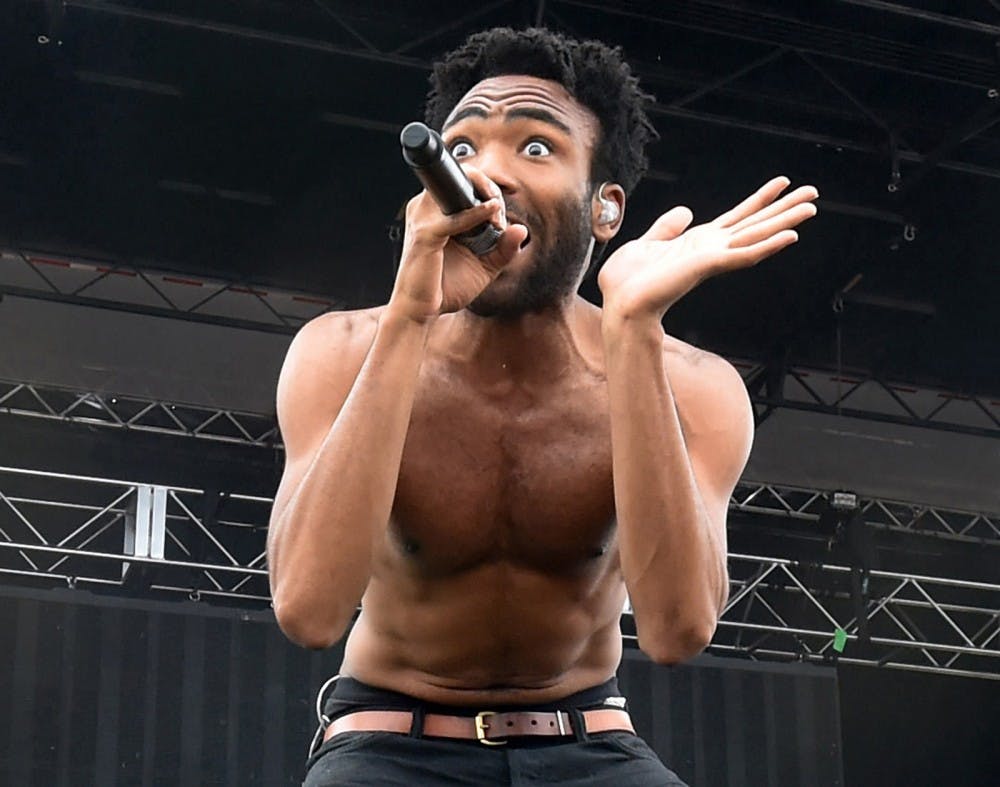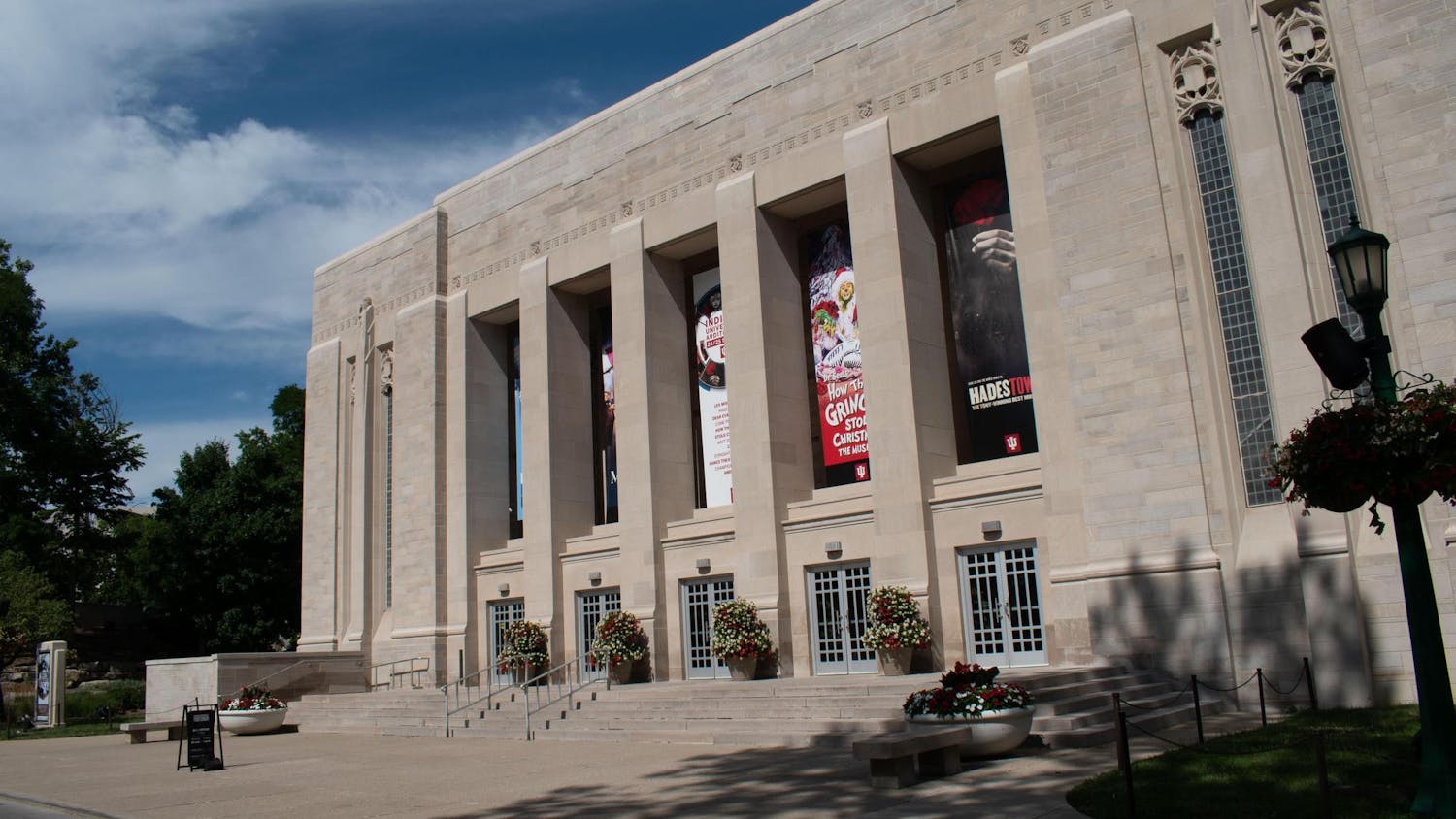I am so grateful for Donald Glover.
His latest addition to his ever-expanding library of work is “Guava Island,” a 55-minute long musical film first shown April 11 at Coachella. The genre is best described as a tropical thriller, telling the folktale-like story of the fictional Guava Island, which functions as a quasi-Cuba with its lore told via gorgeous animation at the film’s beginning.
Glover plays Deni, a musician living on the island trying to organize a music festival despite the tight control of the island’s leading business tycoon, who he also happens to work for. Deni’s girlfriend and muse is the seamstress Kofi, played by Rihanna, and the story is as much about their love as it is the rift between the business and the people of the island.
Kofi and Deni’s relationship is sweeping, warm and perfectly human. They’re in love, but they tease each other with such a familiarity that it’s an instantly more believable dynamic than most movie romances.
Deni promises Kofi he’ll one day sing a song as beautiful as her. When she tells the viewer in a voice-over that lucky for her no song is that beautiful, it’s hard to resist smiling.
Even though it’s a musical starring Rihanna, it’s imperative to know she doesn’t actually sing in the movie. While some viewers were vocally upset on Twitter about this, I have to disagree. The music in the film is Glover’s, and any musical appearances from Rihanna would have cheapened the whole thing, like some sort of overgrown Disney Channel mashup.
Also, she’s a stronger acting asset than Glover if anything. Her performance outshines Glover's, who goes into a generic Caribbean accent for most of the film that is off at times as he slips into more American pronunciations.
Even though it’s a stretch to argue this, that’s kind of the point — it doesn’t matter if Glover sounds American because Guava Island and its struggles are American in their own way.
When one of Deni’s co-workers at the loading docks starts talking about saving up enough money to move to America, where he can be free, Deni laughs.
“This is America,” he says. “Guava’s no different than any other country.”
The subsequent break into musical segment, with the song of course being Glover’s standout hit “This is America,” isn’t a surprising one. The song’s appearance in the film feels as if Glover is finishing a chapter he started months ago with the song’s release.
In “Guava Island,” the introductory lore tells us, the two truths of the world are love and war. In the film, these two roles are exemplified by comparing art and commerce as Maroon struggles against the controlling forces of the island, and the comparison to the United States is a little obvious.
But it isn’t just harsh social commentary. The movie avoids the heavy-handedness of “Black Mirror” by celebrations of joy. When Deni tells Kofi he’s finally written a song as beautiful as her, the moment when he sings it to her on the beach is endlessly charming.
“Guava Island” nails the exact feeling of summer, the freedom and the tinge of sadness inherent in it all — we can spend time in the water and feel the sun beat down on us from above, we can live those perfect days, but they must come to an end eventually. But that doesn’t mean they’re not worth celebrating while we’re here.




